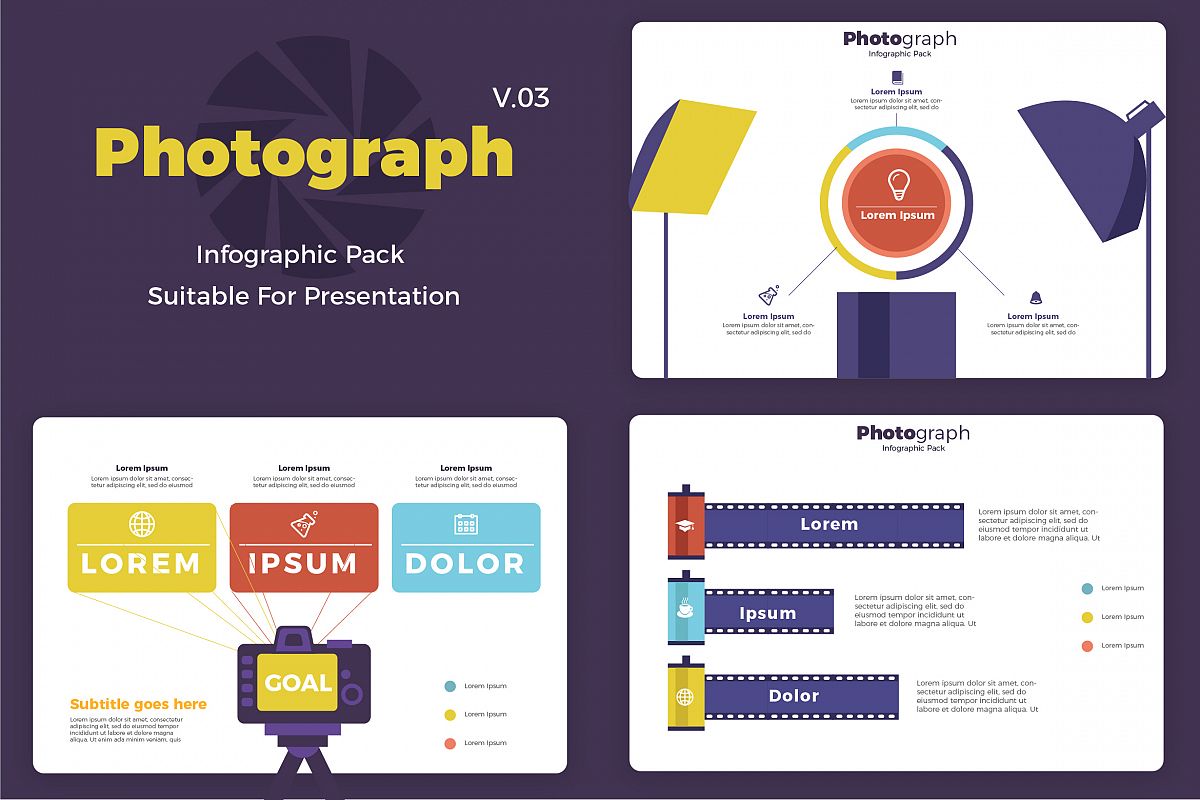Digital Photography Tips For Beginners: Mastering Your Camera In No Time At All
Digital Photography Tips For Beginners: Mastering Your Camera In No Time At All
Blog Article
Material By-Grant Bryant
When you first grab your camera, it can feel overwhelming with all the setups and choices readily available. You could find yourself wondering exactly how to browse aperture, shutter rate, and ISO successfully. Mastering https://www.diyphotography.net/here-are-five-reasons-to-not-start-a-photography-business/ is crucial, but there's more to photography than simply technical knowledge. Recognizing make-up techniques and lighting conditions can raise your photos significantly. So, what happens if you could learn straightforward methods to boost your abilities and begin capturing outstanding images earlier than you think? Allow's explore how to change your photography trip.
Recognizing Electronic Camera Setups
Recognizing your cam setups is crucial for recording magnificent photos. When you grab your cam, acquaint on your own with the three major settings: aperture, shutter speed, and ISO. Each plays a crucial function in just how your photos end up.
Start with https://www.liveinternet.ru/users/witt_stensgaard/post509025831 , which controls the quantity of light entering the lens. A bigger aperture (reduced f-number) allows much more light and creates a lovely background blur, ideal for pictures. Alternatively, a narrower aperture (higher f-number) keeps more of the scene in emphasis, ideal for landscapes.
Next off, focus on shutter speed. This setting establishes how much time your cam's sensor is exposed to light. A rapid shutter speed freezes movement, which is terrific for action shots, while a sluggish shutter rate can produce stunning effects like smooth water in landscapes.
Last but not least, readjust your ISO. This setup affects your camera's sensitivity to light. A higher ISO works in low-light scenarios yet can present sound or grain. Go for the most affordable ISO possible while still accomplishing appropriate direct exposure.
Structure Techniques
When you're out capturing, structure can make all the difference in how your images resonate with audiences. Begin by utilizing the rule of thirds; visualize your structure separated right into nine equivalent sections with two straight and two upright lines. Position key elements along these lines or at their intersections to develop equilibrium and passion.
Next off, think about leading lines. These all-natural lines in your scene, like roads or rivers, draw the audience's eye into the photograph, assisting them via the tale you're informing.
Do not forget mounting; usage elements within your scene, like trees or home windows, to create a framework around your topic, adding depth and focus.
Also, keep an eye on your background. A messy background can sidetrack from your major subject, while a simple one aids it stand out.
Lastly, experiment with symmetry and patterns; they can develop a striking photo that records focus.
Learning Illumination Conditions
Understanding illumination conditions is vital for capturing spectacular photos, as the right light can transform a common scene into something remarkable.
Beginning by observing all-natural light at different times of the day. Mornings and late afternoons supply the very best light, called the golden hour. The soft, cozy tones during these times can enhance your images magnificently.
Don't shy away from cloudy days either; diffused light can lessen extreme darkness and produce a pleasing impact, particularly for pictures.
Experiment with backlighting by placing your subject against the light source. This strategy can develop a dreamy halo effect and add depth to your pictures.
Focus on your video camera settings as well. Readjust the ISO, aperture, and shutter speed to suit the lighting conditions. A higher ISO can aid in reduced light, yet be cautious of grain.
Utilize a tripod in darker environments to stay clear of blur.
Lastly, don't neglect artificial illumination. Flash and continual lights can be wonderful tools for controlling light in challenging conditions.
Verdict
Finally, understanding your electronic camera doesn't have to be overwhelming. By recognizing your settings, using structure strategies, and harnessing the power of natural light, you'll swiftly elevate your photography abilities. Bear in mind, exercise makes best, so get out there and experiment with your newly found knowledge. With time and devotion, you'll be capturing magnificent pictures that mirror your special perspective. Delight in the journey, and do not neglect to have fun while you go to it!
